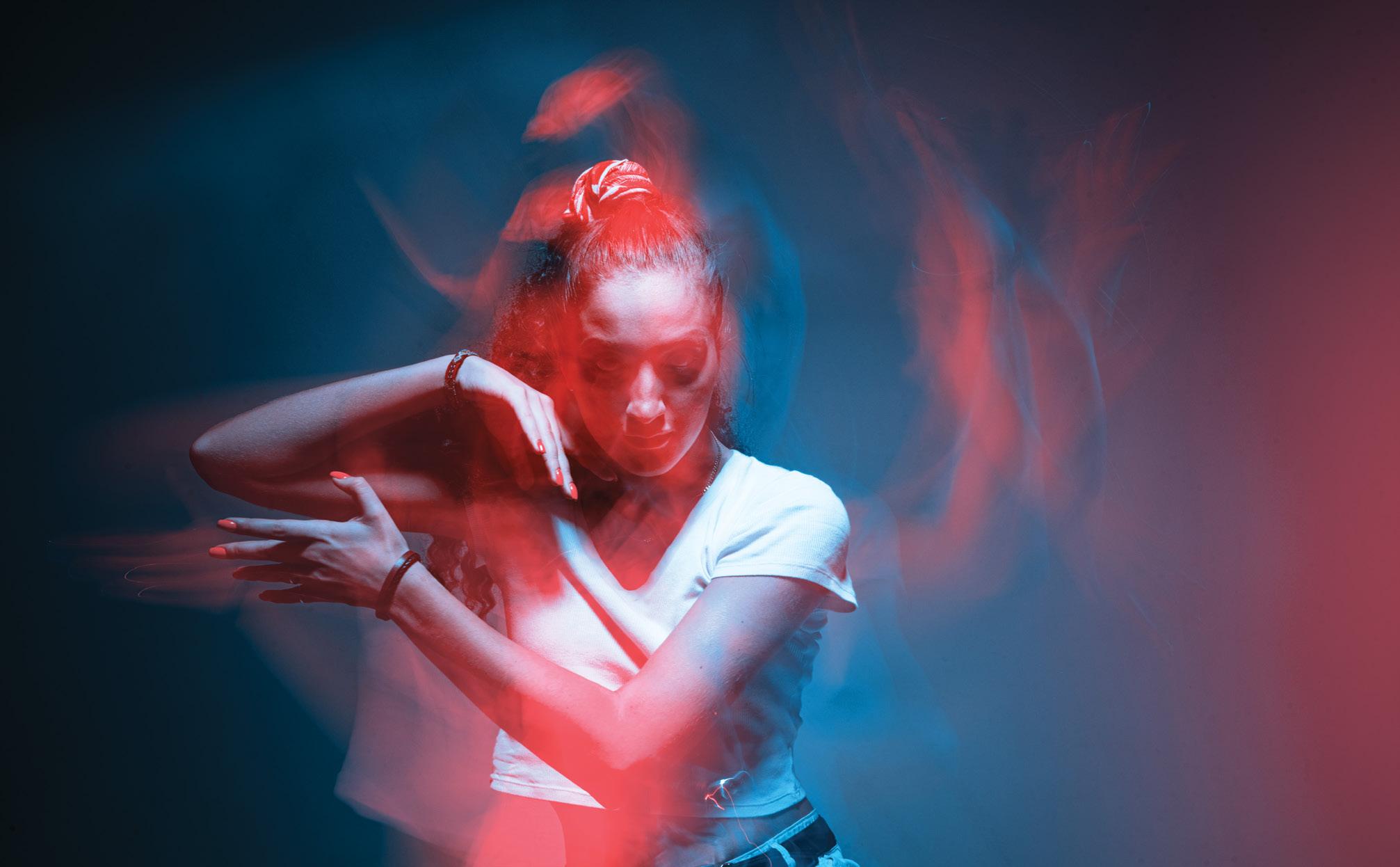
1 minute read
Case study: Belonging through sport
Refugees face many challenges when they arrive in a new country to seek asylum. They are often considered a problem that needs to be solved or managed, a threat to the nation or traumatised victims.
As a result, it can be very difficult for local communities where they settle to see the people beyond these narratives.
BU’s Dr Nicola De Martini Ugolotti’s research focuses on finding ways that can support refugees and asylum seekers as they construct a sense of belonging to both their own community and the new areas in which they settle.
Complicated process
“It is a lot more complicated than simply throwing a football at someone and encouraging them to have fun,” he says of his work. “There is a view that sport is good to take people’s minds off their problems or helping to learn language and social skills. While this can be true in some cases, the ways in which people experience or gain access to sport can be very different. Furthermore, an asylum application can take years, so it is important that we understand how sport contributes to everyday experiences of belonging within this process."
Taking control
Dr Ugolotti has worked with international agencies to monitor the role that sport and dance can play in the lives of asylum seekers. “Well-thought out projects can enable people whose lives are characterised by waiting, destitution and precariousness to gain back control over something – the ability to socialise and move during a period of their lives marked by marginality and uncertainty over the future. It can also give refugees the opportunity to shape apparently mundane spaces according to their needs and preferences of socialisation and wellbeing with knock-on positive implications beyond sporting contexts."




